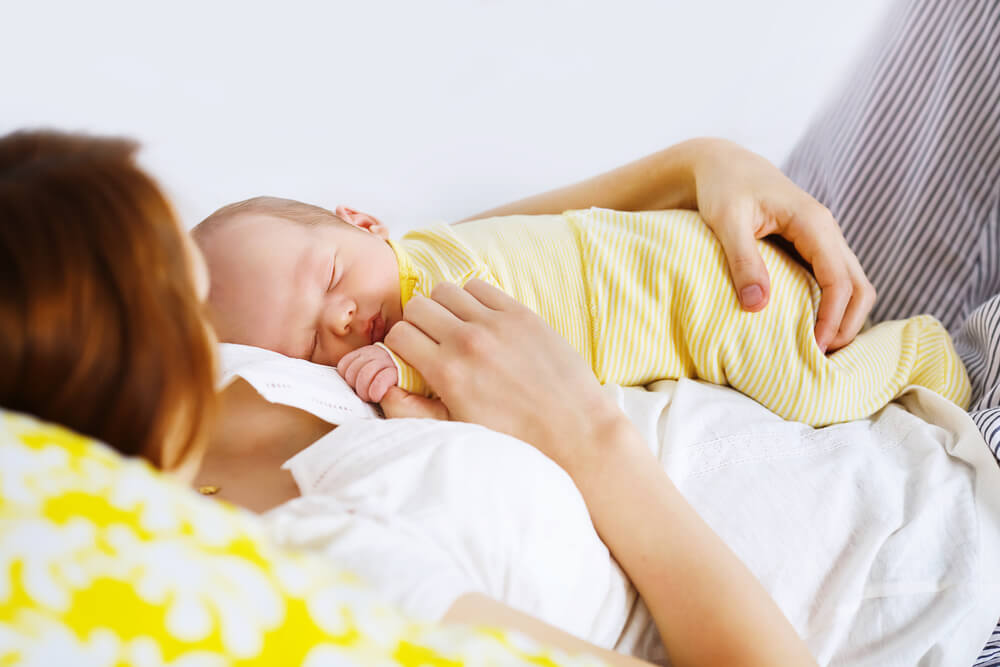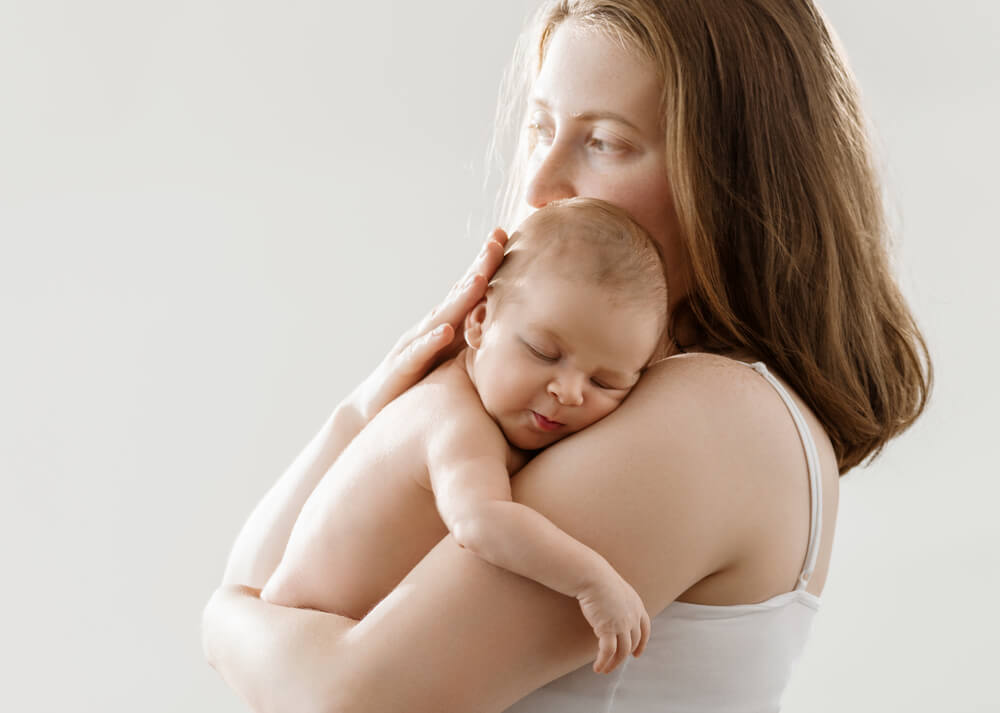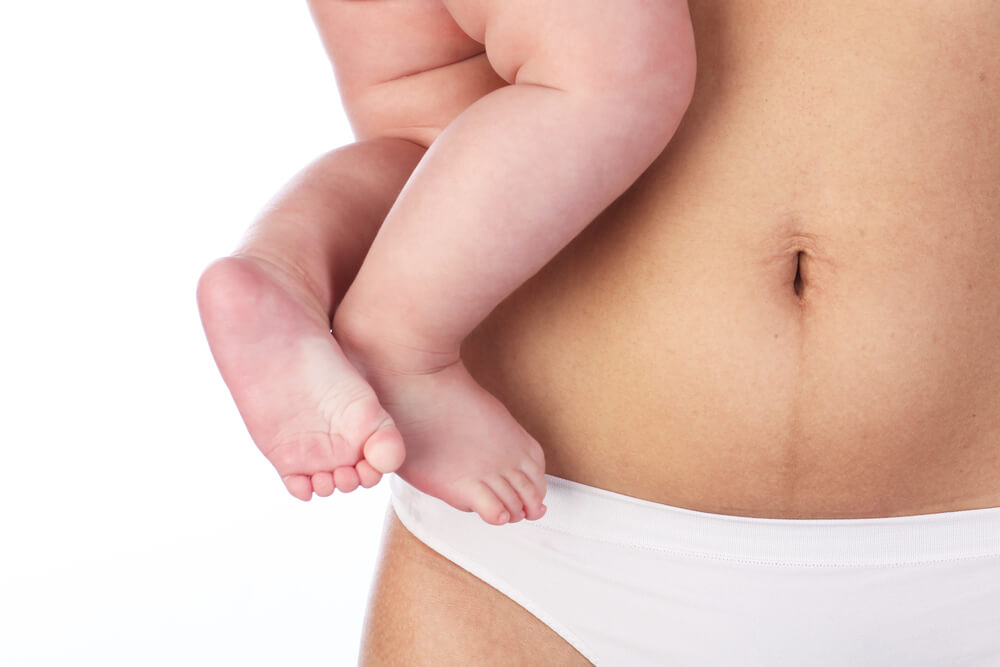The first few weeks after your baby is born will be both a miracle and a challenge. You will need to adjust to your new role as a mother, as well as learn to bond with your baby and recover after giving birth. Remember, you need to care for your newborn, but it’s as important that you care for yourself. That said, consider the following postpartum recovery tips as a part of your comprehensive after-birth care.
Adjust to Becoming a Mother
After your baby gets born, you’ll definitely find out that your daily life has changed a lot. You will need to find the right balance again and adjust to the new challenges life is throwing at you. Obviously, you don’t have to return to work immediately; it’s actually highly recommended you spend some time with your child, especially during the first postpartum period. Many women wait for six to eight weeks before doing just that, which allows them to get comfortable with the new situation. You will also have some sleepless nights; one of the crucial postpartum recovery tips is to make sure you get as much rest as you can whenever possible.
Eating healthily is important for both you and your baby, too. Proper diet is crucial for the best postpartum care, especially when you are breastfeeding. You should definitely up your intake of fruits, veggies, and whole grains. Physical activity is great for you as well. However, you should only start exercising once the doctor tells you it’s safe to do so. Above all, don’t strain yourself. Don’t just go on a long walk right away, but start with a short trip around your neighborhood, for example.
Finally, do not hesitate to ask for help. You have family members and friends willing to support you, so don’t forget that. Seek their help whenever it is necessary, be it with shopping, working around the house, or just running basic errands. You can also count on Women’s Health Services in Tamarac for all questions and concerns you may have after but also before the delivery.

Learn to Function as a Family
A newborn baby will no doubt change the dynamic between you and your partner. It is important that you realize one thing – during the first postpartum period, it’s highly likely that the two of you will not spend as much time together.
This is nothing unusual, though, and nearly every couple who has had a baby will inevitably go through this. Be patient and keep in mind that things should get better and more manageable every day.
Part of your after-birth care should be to learn to talk openly as a family. If you, your partner, or some of your children feel left out, this needs to be expressed, so you can address the problem appropriately. It is true that a baby has extensive needs, and both you and your partner will have to turn your attention to your child in the coming weeks and months. However, there is nothing wrong with wanting to catch a short break. Don’t feel guilty about wanting to spend some time alone, and do not be mad at your partner once he expresses that need. The key is to not lose sight of just how important it is for your baby to have both parents available to them right now.
Cope with Baby Changes
During and after pregnancy, your body will inevitably change in a lot of ways. It is important you know what to expect so that you can prepare yourself for the said changes and not let them get the better of you.
For starters, you’ll most likely put on some weight, and it is okay to want to lose that weight. Do not start your exercises, however, until the doctor tells you it’s safe to do so. Begin with a short routine every day and then gradually up the intensity of your exercises.
Next in your postpartum care is dealing with constipation. In this case, just ask your doctors for some safe medications. One of the best postpartum recovery tips is to eat fiber-rich foods to stimulate bowel movement. They will also help to manage hemorrhoid issues. In case you experience problems with urinating as well, make sure to drink a lot of water.
Nighttime sweating is also quite likely. If you feel uncomfortable, simply remove the excessive bed covers to stay cool.
You might also notice that the perineum (the area between your vagina and legs) has stretched or changed. This is completely normal as well and happens for a variety of reasons. Also, the doctors may cut through your perineum to make giving birth easier for you. If you do feel uncomfortable, you should introduce Kegel exercises to your postpartum care routine.
Finally, two to four weeks after delivery, you may notice some vaginal discharge. This is perfectly normal as it’s just your body getting rid of uterine blood and tissue. All you have to do is wear sanitary pads until the discharge stops.
What Is Baby Blues?
Baby blues is also a completely normal occurrence during the first postpartum period. It usually happens a couple of days post-delivery and can last a couple of weeks. The good news is that you most likely won’t have the symptoms constantly.
The most notable symptoms are, of course, mood swings. Roughly 70-80% of women say they felt negative and moody after giving birth, which sometimes included uncontrolled crying. Other symptoms of baby blues are as follows:
- Insomnia
- Irritability
- Restlessness
- Sadness
According to doctors, hormonal changes are the biggest trigger for baby blues, and it might take a few days before you get better again.

Baby Blues vs. Postpartum Depression
Baby blues are NOT postpartum depression, and it’s incredibly important to differentiate between the two, as postpartum depression is a much more serious condition. So, when should you be alerted by your symptoms and consult a doctor?
Postpartum depression happens when the baby blues symptoms continue for more than a couple of weeks. So, if your baby blues do not go away after a brief period of time, you most definitely should consult a specialist. Additionally, women who suffer from this condition also show some new symptoms, such as withdrawal from family life, feeling worthless, and a general lack of interest in daily life.
Postpartum depression, contrary to the typical baby blues, does require medical treatment as a part of your after-birth care. It’s incredibly important you react appropriately if you notice any symptoms. Do not hesitate to contact a doctor, especially if your symptoms seem to get more and more severe instead of fading away or when you start feeling the urge to hurt your baby.
Now, it needs to be said that while postpartum depression does sometimes follow baby blues, that’s not always the case. It can develop independently at any point after delivery – even up to a whole year or more afterward.
After giving birth, you’ll no doubt have to deal with a lot of changes in your life, and it is important that you embrace them with open arms. The sooner you embrace those changes, the sooner you and your family will adjust to these new circumstances. If you have any doubts and/or concerns, your close ones will be there to support you, and whenever you feel that their help is not enough, your doctors will be able to give you more professional assistance. Although the first few weeks of having a child may seem rough, they’ll be over before you know it; and with each passing week, you’ll feel better and better.


